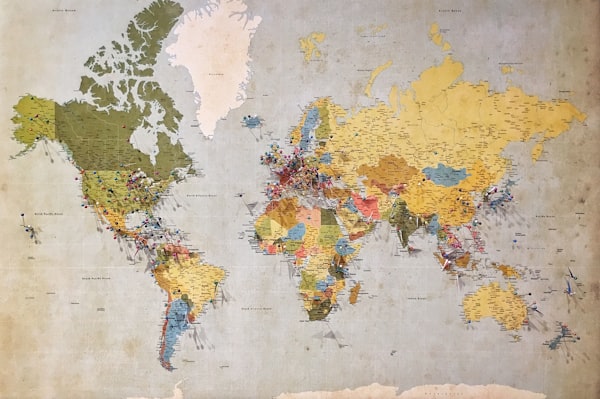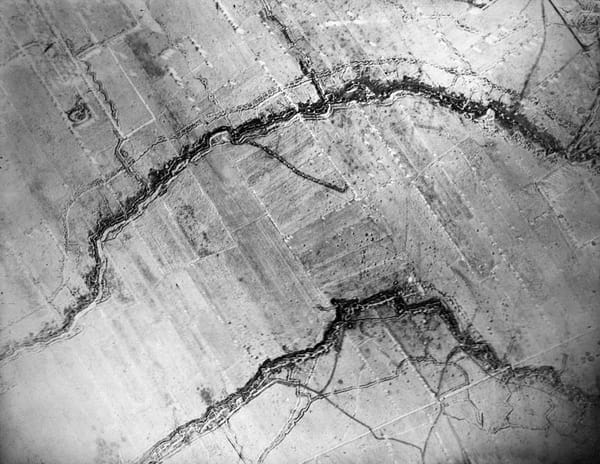Newton's Laws

Newton's three laws of physics are some of the most basic laws of physics. They deal with motion and how it takes place.
Newton's first law (the law of inertia) states that if a body is at rest or moving at a constant speed in a straight line, it will remain so unless acted upon by a net external force. Net forces include: gravity, normal force, friction, and tension.
An example of this law is if a car is stopped at a traffic light, it will require an external force to be propelled forward. In this case, the external force is applied to the car through the engine. If there are no net forces acting on the car (the driver didn't step on the gas), it would not move forward.
Another example of Newton's First Law is an airplane flying straight forwards (there are no net forces acting on the plane). An external force must act upon the plane to change the direction, like a movement of the rudder or a wind blowing against the side of the plane. If the plane runs out of gas, it will start falling because of the force of gravity.
Newton's second law states that the acceleration and net forces are proportional. The acceleration of a body can be found with this simple formula: a = F/m. If an object is tiny and a powerful force is exerted on it, the acceleration is very high, and the opposite is true.
For example, if I take a small pebble and shoot it out of a sniper rifle, the acceleration of the pebble will be massive. However, if I slap a three-ton boulder, it will not go anywhere.
Newton’s third law of motion states that for every action, there is an equal and opposite reaction. This means that when two bodies interact, they apply forces to each other that are equal in size and opposite in direction. These forces are called action and reaction forces, and they always occur in pairs.
An example of this law is when a horse pulls on a cart. The cart pulls back on the horse, making it slow down. This is why you don't see horses pulling carts flying down the highway at eighty miles per hour. Unless you live in Romania, that is...




